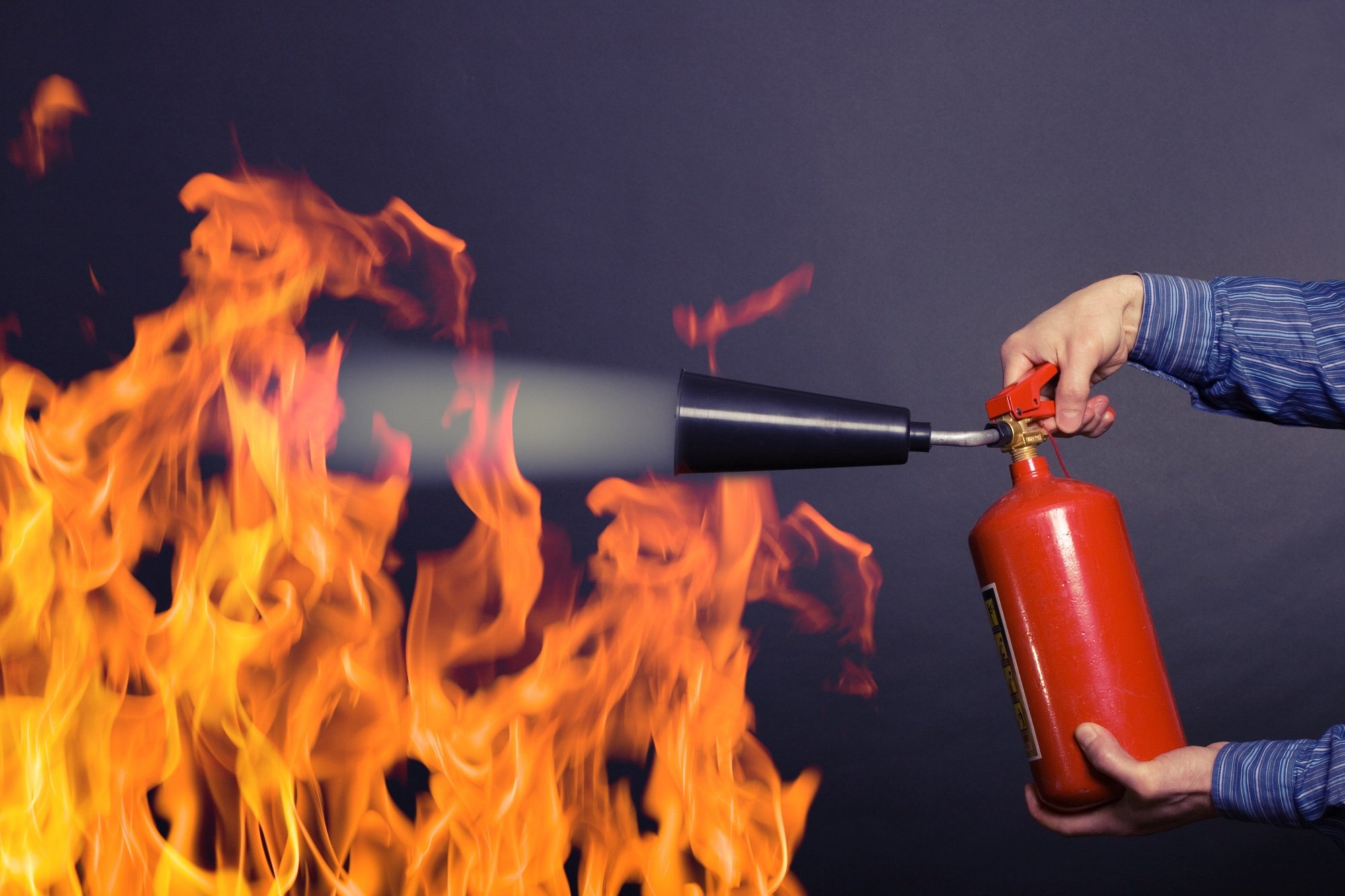Medical training certifications and courses are a popular extra-curricular activity for companies looking to invest in their employees. Not only are these businesses adding fully trained medical assistants to their team, but there are also unseen benefits to the training that includes increasing employee satisfaction.
It doesn’t matter if individuals trained in first aid or are working in an office environment, factory setting, on a building site, or as a schoolteacher, the outcome is the same. That is having efficient first aid experts on-site that can properly deal with emergency medical situations. However, studies also show that aside from being able to deal with medical emergencies there are additional advantages to investing in first aid and medical training for your employees.
In today’s fast-moving work environments employees, managers, and HR departments are all looking for new ways to keep the workforce motivated. As a result, job satisfaction is now a key area that businesses focus on. Job satisfaction reduces turnover and creates continuity. The longer employees stay together, the less the company needs to invest resources and money on hiring and training new staff.
Where do first aid courses come into the equation?
In order to make sure employees do not jump ship companies are investing in courses that train their workforce to improve and evolve as a member of the company as well as an individual. Ultimately the idea is to make the employee feel valued. One of the best ways to achieve this is team-building exercises and group training courses.
When employees are sent on a medical training course, not only do they get to do something different from their day to day tasks, they also get to add a valuable skill to their CV. Their medical/first aid knowledge makes the individual feel important and as a result, the employee should feel valued. When an employee is chosen to take on the responsibility of being one of the few first aid qualified individuals in the workplace it shows him/her that the company values them and trusts them as a person.
Adding to this, if you send multiple personnel on a first aid course, let’s one person from each department, then you are encouraging comradery between departments. Each worker from each department will work together on the same course to gain the same qualification and as such, they will have a skill in common. They will also get to know each other better, while had they not taken part in the first aid or medical course, their interaction may have been limited.
The outcome can only be positive for your business
First aid training for businesses is not just about having people on-site with the skill to deal with any potential medical emergencies, it can also be a team-building activity, create bonds within the workforce, and connect departments together that may not usually interact. On top of this, the employees involved will feel wanted by the company and not just another statistic on the payroll.
All these outcomes will also have the benefit of reducing the company’s employee turnover. Companies with low staff turnover are more efficient and productive than those with high staff turnover.





